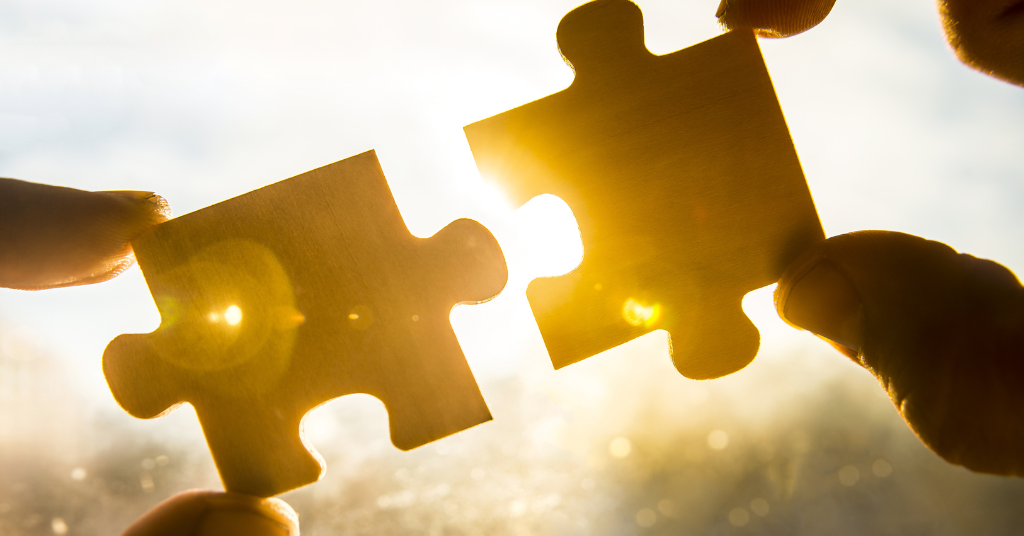
U.S. employment rights for people with hearing loss
December 9, 2020
Sign language Starbucks drive-through video goes viral
December 14, 2020Flying with hearing loss: Masks, communication and restrictions

The COVID-19 pandemic has caused frustration for those who are hard of hearing, especially when it comes to flying.
Masks make it difficult for people with hearing loss to follow conversation and instructions. This has resulted in a few negative incidents with airlines and deaf passengers.
Flying with hearing loss
In recent months, there have been two incidents in which hard of hearing people were treated poorly on flights.
In September, a hard of hearing man on a Delta flight was escorted off a flight after a misunderstanding. Andre Hilton, who wears two hearing aids, said he had to continually pull his mask back up over his nose after boarding. He tells Fox News that he was approached by a flight attendant and told it was his final warning to keep his mask on. When he tried to explain that he hadn’t heard prior warnings, he said the flight attendant “continued to berate him.”
“As part of our many apologies and exchanges with this customer about his very atypical experience last month, we fully refunded his airfare in addition to other gestures of goodwill,” said Delta in a public statement. “Our teams continue to be in touch with his attorney.”
In the second incident, which took place in October, 43-year-old Kelli Adrienne Duncan, boarded a Delta flight wearing a mask that read, “Just Deaf, Not Rude.” According to Yahoo, Duncan and a friend wanted to sit next to each other on the flight. As they were trying to organize logistics, Duncan’s friend heard one of the flight attendants ask, “Are you really deaf?”
“Are you really deaf?”
“I was very glad that my best friend was there because I usually travel alone and frequently struggle with communication due to the masks,” Duncan told Yahoo. “I was very hurt to know someone would insult a disabled person who has had to deal with this my whole life.”
After the flight, Duncan relayed the incident to her family. Her sister, a commentator for ESPN, took to Twitter and tagged the airline in a post.
Delta did reach out, apologizing for the situation and noting they were open to discussion about a positive solution.
“They told her (Duncan’s sister) they will have the crew attend sensitivity training and will look into providing masks that show the mouth so deaf and hard of hearing folks can read lips,” Duncan told Yahoo.
Guidelines for accessibly flying
In October, Japan Airlines and All Nippon Airways announced the implementation of new guidelines. These aim to make flying more accessibility friendly during the COVID-19 pandemic.
Actions noted in a press release from the airlines were the following:
- New measures strengthen the ability to provide timely information for those with visual and/or hearing impairment.
- Carriers commit to improving communication measures. The carriers will provide visual aids at the airport to overcome the difficulties that masks create.
While it’s not clear exactly what those measures will be, it’s a step in the right direction.
Read more: Flying with hearing loss? These resources make it easier
Flying with hearing loss. Helpful suggestions
While this is uncharted territory, it’s becoming clear that something needs to be done. Some helpful measures specific to flying could include:
- airline staff using clear masks to make lip reading possible
- staff being informed of hard of hearing and deaf passengers ahead of time
- passengers with hearing loss asking for assistance from those around them during important announcements
Apart from flying, masks are a continual barrier to the deaf and hard of hearing for a few reasons. Obviously, most masks cover the mouth and make lip reading impossible. Masks also decrease sound by 10-15 decibels, according to Healthing. This can make it more difficult for those with normal hearing to understand others, and make it nearly impossible for those who are hard of hearing.
“Masks also decrease sound by 10-15 decibels…”
Masks with a statement, such as the one worn by Adrienne Duncan is one way to communicate one’s challenges when flying with hearing loss.
Read more: Masks for hearing aid users
“Masks are a barrier to making connections to the community,” Wissam Constantin, Vice President of Governance and Membership for the Canadian Association of the Deaf, tells Healthing. “Deaf individuals rely on facial expression in their communication as a fundamental of sign language. Masks will definitely [contribute to] more isolation within the deaf community, which can adversely affect the mental health of many.”
- Author Details



